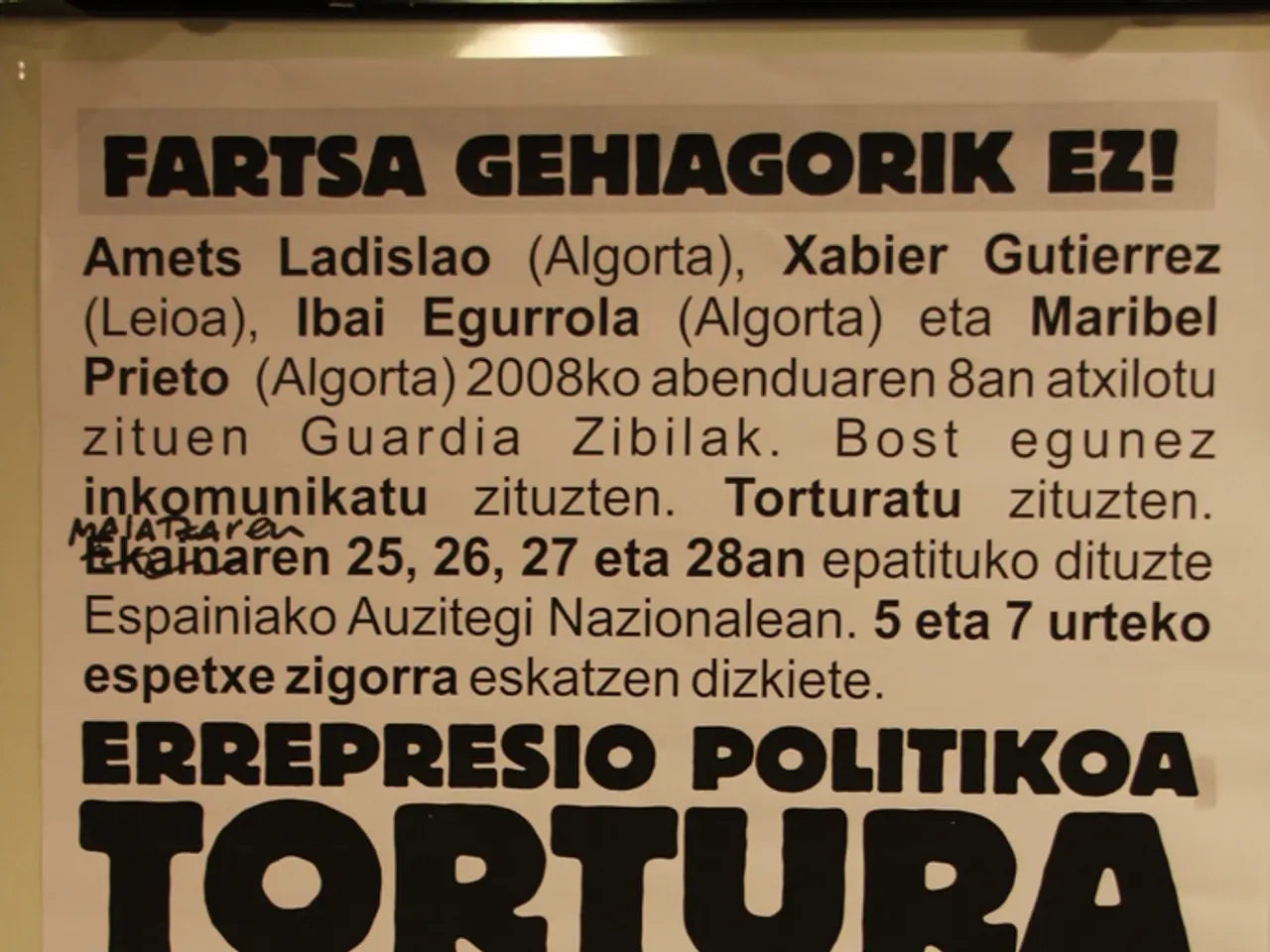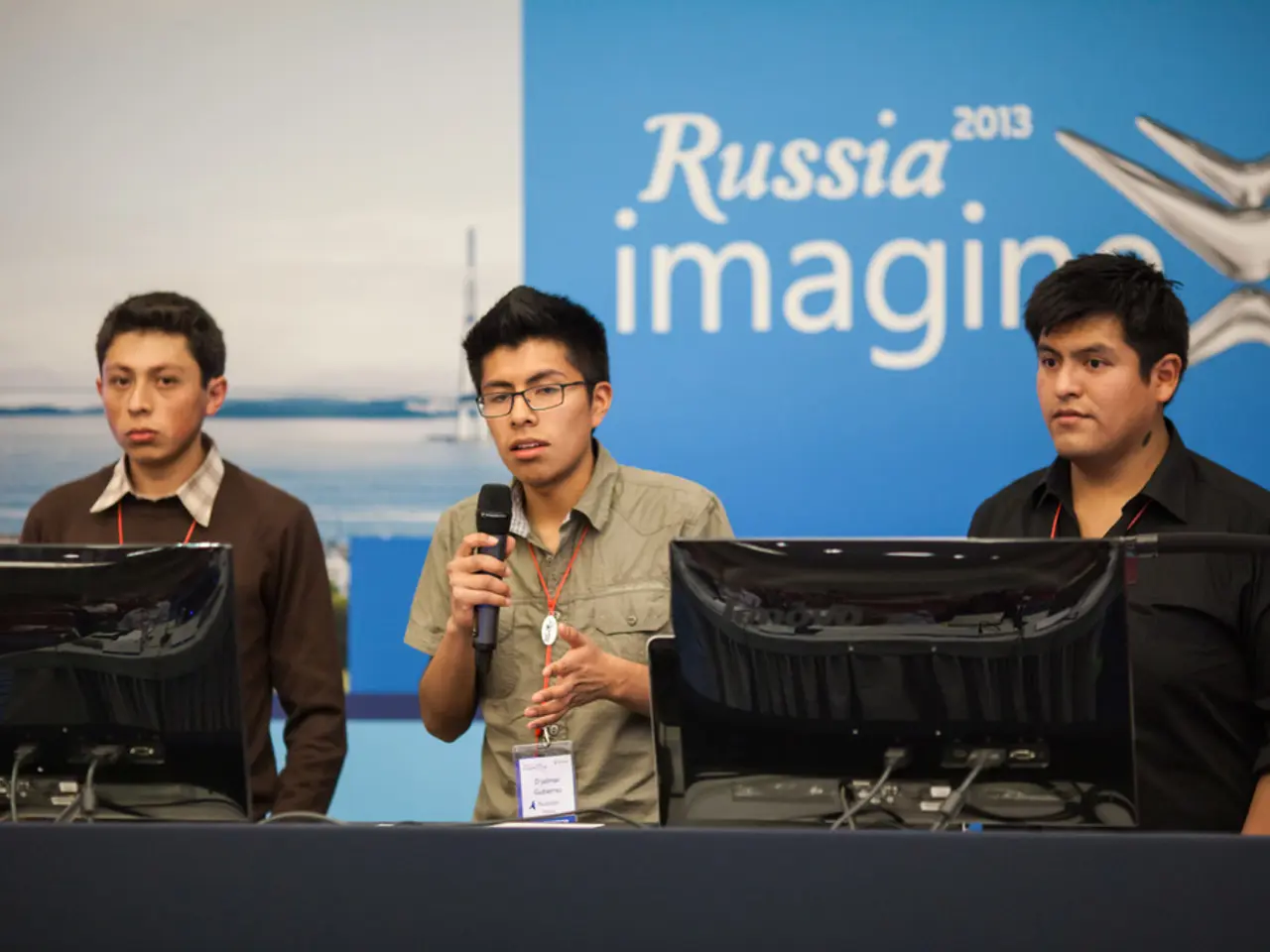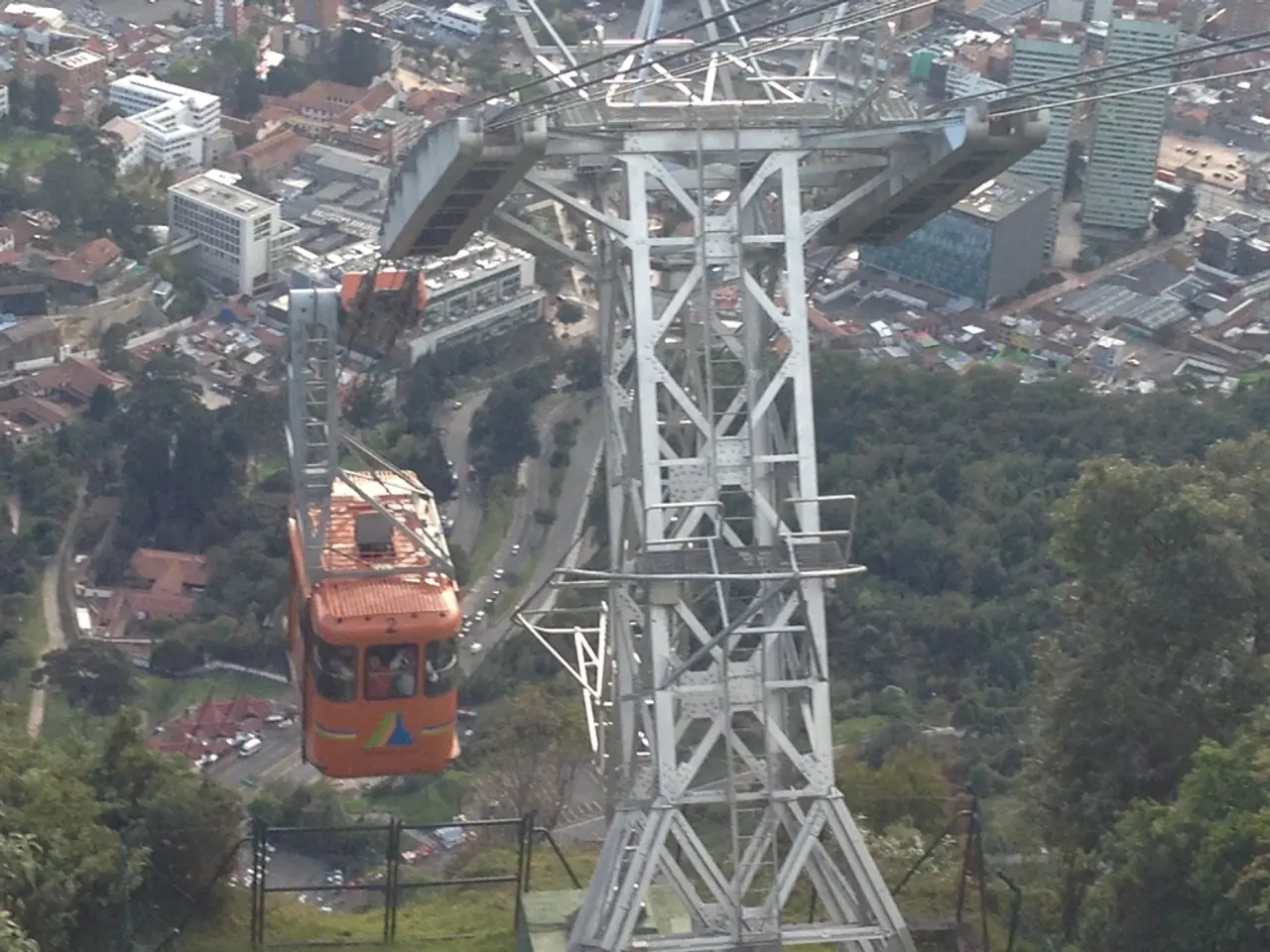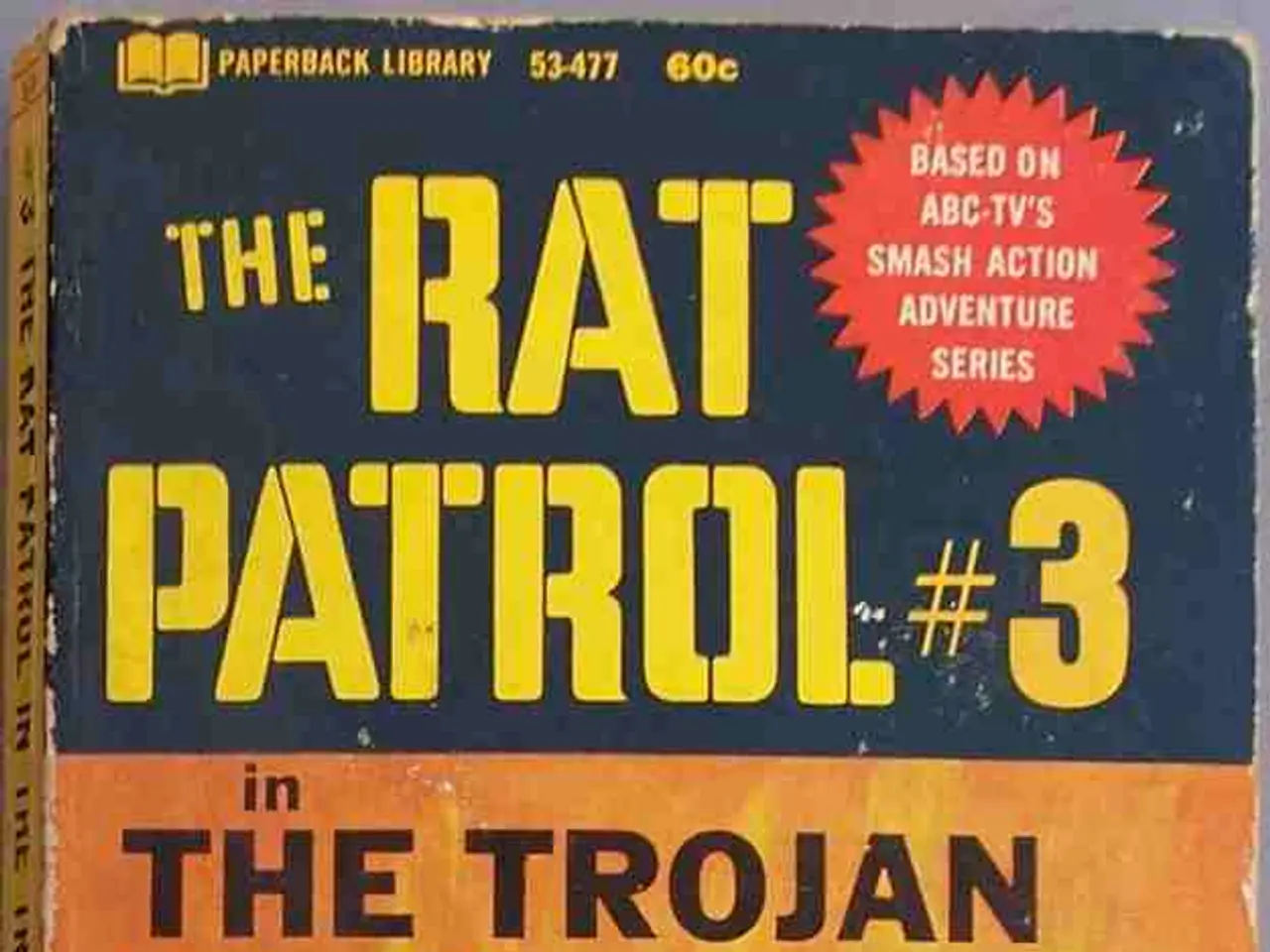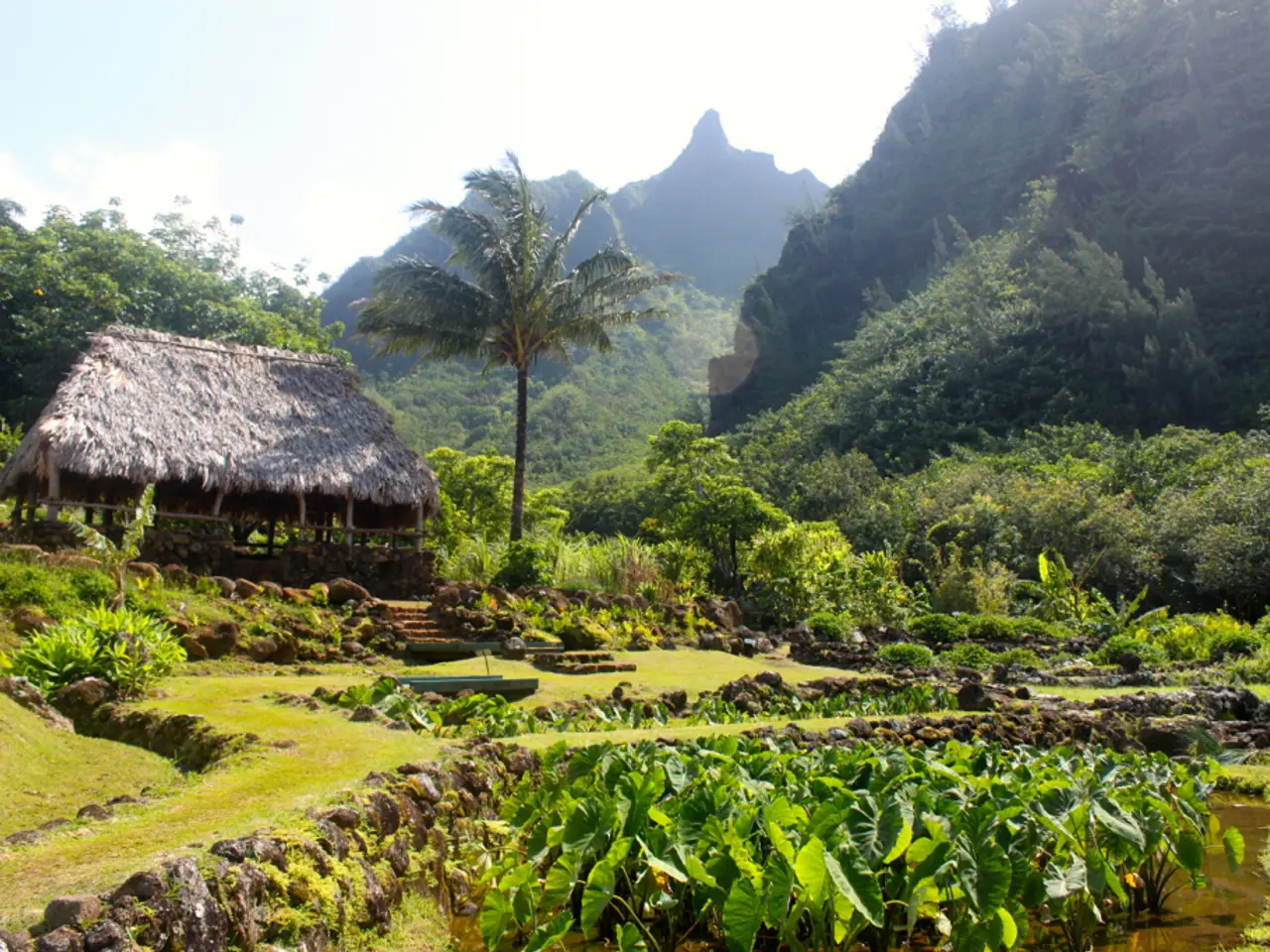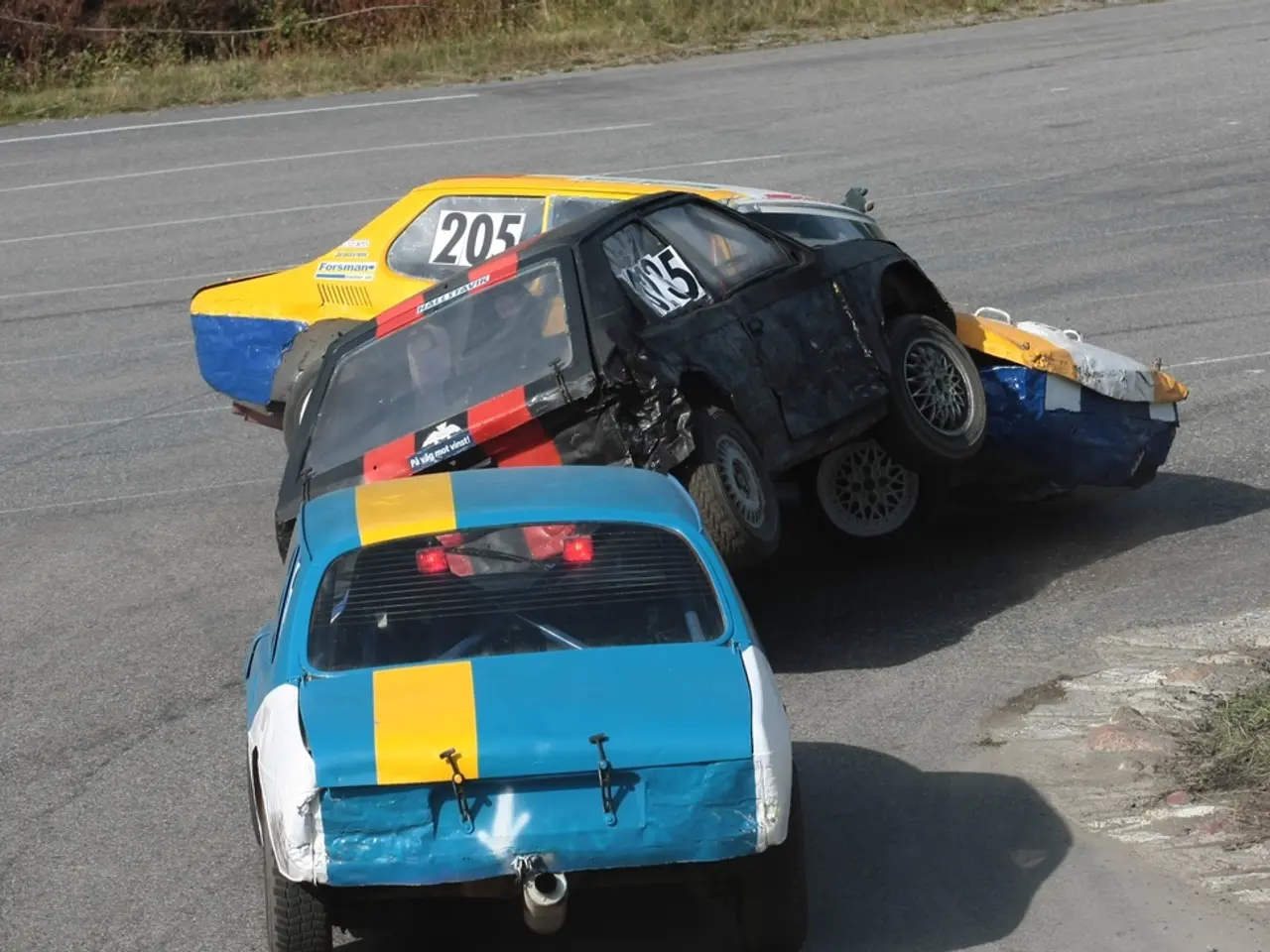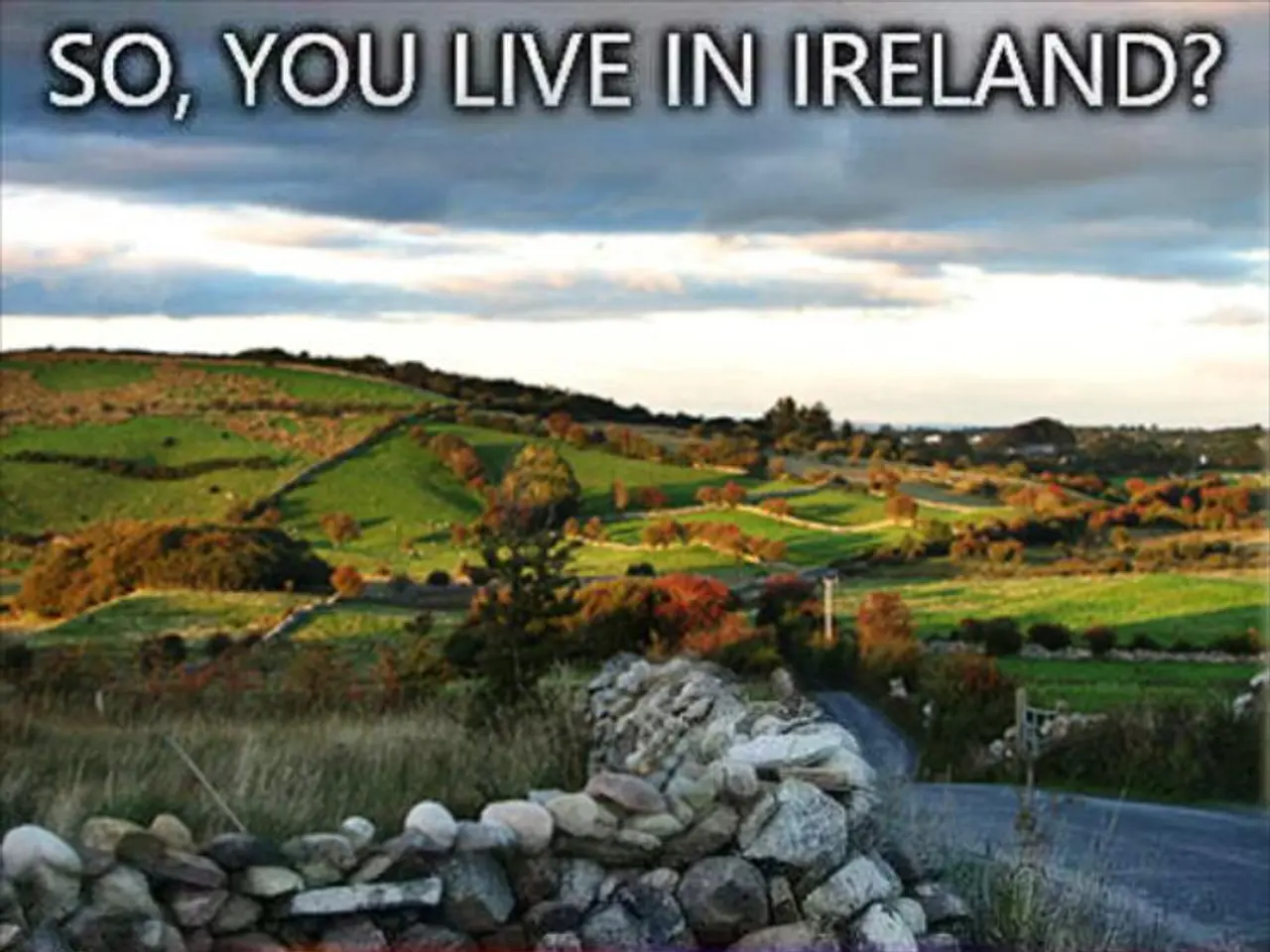Venezuelan ex-political detainee Lorent Saleh, a recipient of the Sájarov Prize, expresses that the situation in Venezuela has deteriorated since last year.
========================================================
In the heart of 2025, we reflect on the controversial 2024 presidential election held under President Nicolás Maduro's government and the ongoing chavismo rule.
The election, widely described as a farce, saw Maduro declare victory amidst widespread evidence suggesting that opposition candidate Edmundo González had actually won by a significant margin. This claim was supported by more than 80% of tally sheets collected and verified by the opposition. However, Maduro managed to entrench his power, securing control over all branches of government over the subsequent year.
Voter turnout was low, with around 70% abstaining in the 2025 local elections and about 44% according to official figures. This reflects deep public disillusionment with an electoral system perceived as rigged. The opposition's calls for voter abstention, especially from María Corina Machado's faction, contributed to the low turnout, allowing the government to dominate electoral outcomes.
The opposition remains divided and weakened. Some factions have boycotted elections, while others have participated but lost ground. The government has increased repression over the past year, imprisoning moderate opposition leaders, journalists, academics, and relatives of activists to suppress dissent. Nonetheless, opposition forces have retained some municipal strongholds, especially in wealthy eastern Caracas municipalities like Chacao and Baruta.
Maduro's victories are hailed as historic by chavismo leaders, but they lack broad public legitimacy and are widely considered fraudulent by domestic opposition and international observers. The U.S. government's recent partial easing of sanctions, such as allowing Chevron to resume oil production in Venezuela, has inadvertently bolstered Maduro’s regime despite ongoing political repression.
The 2024-2025 period has seen Maduro consolidate authoritarian rule, marginalizing democratic opposition and deepening the political crisis. Economic hardships, crime, and the exodus of Venezuelans continue, while democracy and electoral integrity have been severely undermined.
Access to this premium article is available exclusively for registered users. Subscription is required to access the full content without limitations. We appreciate your support in helping us continue to bring you in-depth analysis and reporting on events in Venezuela.
- The ongoingpolitical crisis in Venezuela, marked by War-and-conflicts and lack of Policy-and-legislation in fostering electoral integrity, has led to a significant Migration of Venezuelans seeking refuge in other countries.
- In the realm of General-news, the ongoing split within the opposition, with some favoring boycotts and others participating in elections, has been overshadowed by the Art of resistance portrayed by the imprisoned moderate opposition leaders, journalists, academics, and relatives of activists.
- Amidst the international scrutiny and controversy surrounding the 2024 presidential election, the influence of Politics has been apparent in the U.S.'s recent decisions regarding government-owned oil company Chevron, which may indirectly influence the course of future War-and-Conflicts and Migration in Venezuela.
